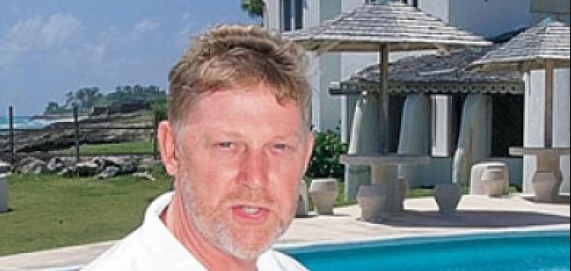
Our British and many of our Continental European holidaymakers look like they are in for a little relief next year. The current annoying and described by HM Treasury as ‘rip-off ‘ surcharges which apply to a large percentage of flight and holiday bookings both in-store and online are scheduled to be banned from 13th January 2018 under the second EU (European Union) Payment Service Directive, known as PSD2. Initially this will affect payments by Apple Pay, PayPal, credit and debit cards and American Express.
The description by a British Government department as a ‘rip-off’ is more than a little hypocritical because a number of state entities also levy these exploitative charges including H.M. Customs and Excise and the DVLA (Driver Vehicle and Licensing Agency) along with several local authorities.
According to consultancy firm, RSM (formerly Baker Tilley), it will cost the UK travel industry up to GB Pounds 150 million, presumably annually. The current rules do not allow businesses to profit from surcharging but the actual costs they incur can be passed on.
TravelMole recently reported that the UK Card Association’s latest card expenditure statistics for the year to April 2017, shows that consumer credit card spend with British travel agencies was GB Pounds 7.5 billion. Based on charges of between 0.5 per cent and 2 per cent of the transaction value, this indicates a cost implication in the range of between GB Pounds 35 million and GB Pounds 100 million across the sector.
RSM’s head of travel and tourism, Ian Bell, stated that ‘as a result, travel operators face some difficult choices as to whether they choose to absorb the additional costs or pass them on to consumers in the form of increased headline prices or new booking fees’.
Of course travellers use credit cards to pay for travel arrangements for any number of reasons, including staggering installments over a period of months and for added consumer financial security if there is any doubt that the operator carries sufficient failure protection.
The new ban builds on an EU directive originally launched in 2015 which capped the ‘interchange fee’ paid by the merchant at no more than 0.3 per cent for credit cards and 0.2 per cent for debit cards. At the time, the EU noted that the surcharges, which are only supposed to reflect the cost of processing payments, generated as much as Euro 13 billion a year across Europe. While there appear to be no recent figures for the UK, the British Treasury says the surcharges generated a ‘best estimate of GB Pounds 473 million in 2010.
Some merchants have taken surcharges to a ludicrous degree by applying a ‘service fee’ on top of an ‘order processing fee’ and occasionally a ‘facility fee’. The ban is almost certainly going to negatively impact on the smaller tour operators and independent travel agents disproportionately and this in itself may help stifle real competition and could lower service standards.
Perhaps this now represents an enormous opportunity for the entire travel industry with a consensus to go back to the banks and financial institutions’ to re-negotiate to reduce processing and merchandising fees together with other handling charges.

 Despite several delays, the planned construction of a Beaches Resort at the site of the old Almond Beach Village in St Peter is still on the cards. However, the local communications spokesman for the Sandals hotel chain said it was unlikely that the new resort would open its doors before the year 2020. “Hopefully by […]
Despite several delays, the planned construction of a Beaches Resort at the site of the old Almond Beach Village in St Peter is still on the cards. However, the local communications spokesman for the Sandals hotel chain said it was unlikely that the new resort would open its doors before the year 2020. “Hopefully by […]



The blogmaster invites you to join the discussion.